
Introduction
Mental health challenges affect many people every day, often without warning. In response, Mental Health First Aid UK has become an important way to offer support when someone is struggling emotionally. Just like physical first aid, mental health first aid training gives people simple tools to respond with care and confidence.
Conditions like anxiety, depression, or emotional distress don’t always show clear signs. A person might smile and carry on with daily tasks while feeling overwhelmed inside. That’s why first aid mental health training teaches people how to spot warning signs early, listen calmly and respectfully, and encourage the person to seek further support if needed.
Across the UK, this training is helping schools, workplaces, and communities build safer, more supportive environments. It’s not about being an expert—it’s about being prepared to help someone feel heard and not alone.
Learning how to support someone’s mental health is a step towards a more understanding and caring society. When more of us are trained, we can offer help sooner and reduce the stigma around mental health.
Understanding Anxiety and Depression
Anxiety and depression are among the most common mental health challenges today. Many people experience them at different points in life. Understanding what they look like and how they affect people is key to being able to offer meaningful support.
What is Anxiety?
Anxiety is a feeling of unease, such as worry or fear, that can be mild or severe. It becomes a problem when it doesn’t go away and starts affecting someone’s everyday life. People with anxiety may:
- Struggle to concentrate.
- Avoid certain places or situations.
- Experience racing thoughts.
- Have trouble sleeping.
- Feel tense, restless or panicky.
What is Depression?
Depression goes beyond feeling low or sad for a few days. It’s a long-lasting feeling of sadness or hopelessness and can affect the way a person thinks, feels, and acts. Symptoms of depression include:
- Feeling tired all the time.
- Loss of interest in things once enjoyed.
- Sleeping too much or too little.
- Eating more or less than usual.
- Thoughts of worthlessness or self-harm.
Mental Health First Aid Training teaches you how to recognise these signs and support someone in a non-judgemental, calm way.
Start a Rewarding Career in Mental Health First Aid?
How to Support Someone in a Crisis or Struggling with Anxiety and Depression
Supporting Someone in a Crisis
A mental health crisis can take many forms. Someone may be having a panic attack, hearing voices, or feeling suicidal. In such moments, they need someone to remain calm and supportive. Here’s what you can do:
- Stay calm: Your calm presence can help someone feel safer.
- Speak slowly and clearly: Keep your voice soft and your words simple.
- Ask how you can help: Let them lead if they can.
- Don’t leave them alone: Stay with the person if it’s safe to do so.
- Call for help if needed: Contact 999 or a local crisis support service.
First aid mental health training includes how to respond to these urgent situations. You’ll learn how to manage a crisis while ensuring your own safety too.
Supporting Someone with Anxiety or Depression
If someone is experiencing anxiety or depression but is not in immediate danger, you can still make a big difference by:
- Listening without judgement: Just being heard can be incredibly powerful.
- Asking open questions: “How have you been feeling lately?” or “Is there anything you want to talk about?”
- Reassuring them they’re not alone: Remind them that others care and support is available.
- Encouraging self-care and routine: Small steps like getting outside or talking to someone can help.
- Suggesting they speak to a GP or mental health service: Offer to go with them if they feel nervous.
Mental Health First Aid (MHFA) Tools: The ALGEE Action Plan
One of the key parts of mental health first aid training is learning the ALGEE action plan. It’s a simple way to remember how to support someone effectively:
- A – Approach the person, assess and assist with any crisis
- L – Listen and communicate non-judgmentally
- G – Give support and information
- E – Encourage the person to get appropriate help
- E – Encourage other supports and self-help strategies
ALGEE is practical and flexible. It helps you stay focused when someone is going through a tough time, whether it’s stress at work, grief, or a more serious mental health disorder.
Crisis Situations: How Mental Health First Aid (MHFA) Training Prepares You
Many people feel unsure or frightened about what to do in a mental health crisis. That’s why mental health first aid courses cover a range of crisis situations, including:
- Panic attacks.
- Suicidal thoughts.
- Self-harm.
- Severe psychotic episodes.
By practising different scenarios, you’ll build confidence and understand the best ways to respond. You’ll also learn when and how to contact emergency services or guide someone to urgent care.
Courses also explore themes like Mental Health with Positive Psychology, Mental Health and Duty of Care, and Mental Health Disorders & Medication, helping you understand different mental health conditions and approaches to support.
Mental Health First Aid Training and Certificate
Anyone can take a mental health first aid course. There are different types of courses available in the UK, including:
- Adult Mental Health First Aid courses.
- Youth Mental Health First Aid courses.
- Workplace Mental Health First Aid courses.
You can take these courses in person or online. After finishing, you’ll receive a mental health first aid certificate. While this doesn’t make you a therapist, it shows that you’ve learned how to support someone with mental health challenges in a safe and helpful way.
Many courses also include downloadable resources or handbooks that you can keep for future reference.
Mental Health First Aid in the Workplace
The workplace can be stressful, especially when deadlines are tight or people feel unsupported. That’s why many employers now offer mental health first aid at work. When staff members are trained in Mental Health First Aid (MHFA), the whole organisation benefits.
Here are some ways Mental Health First Aid (MHFA) helps in the workplace:
- Encourages people to speak openly about mental health.
- Builds a stronger, more caring team culture.
- Helps staff feel seen and supported.
- Reduces absenteeism caused by stress or burnout.
- Supports people returning to work after mental health leave.
Even small businesses can benefit from having a few team members trained in Mental Health First Aid (MHFA). It’s about creating a workplace where people feel valued and understood.

Beyond the Basics: Advanced Mental Health First Aid (MHFA) Topics
Once you’ve completed your basic course, you might be interested in learning more. Some mental health first aid courses go beyond the basics and cover deeper topics like:
- Supporting people with PTSD or eating disorders.
- Understanding how mental health issues relate to culture, identity, and age.
- Learning how medication works in treating mental health conditions.
- Exploring workplace wellness strategies.
- Using positive psychology to boost mental wellbeing.
These topics help you better support a wide range of people and build on what you’ve already learned.
Some courses even offer insights into Mental Health and Duty of Care, showing how to balance care and responsibility in roles that involve supporting others.
How to Get Certified: Finding the Right Mental Health First Aid (MHFA) Course
Looking for the right mental health first aid course NHS or one offered by a local organisation? Here are a few tips to help you choose:
- Check official providers: MHFA England and other recognised bodies list their courses online.
- Look at the course type: Some focus on adults, while others are aimed at youth or the workplace.
- Decide on in-person or online learning: Choose what fits your lifestyle best.
- Read reviews and feedback: Past learners often share helpful insights.
- Check what’s included: Make sure you’ll get a certificate in mental health first aid once you’ve finished.
Some charities and community groups also offer these courses at low cost or for free.
Why Mental Health First Aid Matters
You might wonder, “Why should I take a mental health first aid course?” The answer is simple: because mental health matters. We all have mental health, just like we have physical health. And just like you’d want someone to help you if you were injured, people need support when their minds are hurting too.
Mental Health First Aid (MHFA) helps us create a world where it’s okay to talk about feelings, where asking for help isn’t seen as weak, and where more people know how to respond with care and kindness.
Whether you’re looking to help friends and family, support colleagues at work, or contribute to your community, mental health first aid gives you the tools to make a real difference.
Final Thoughts
Mental health struggles don’t always show on the outside, but they can be just as serious as physical ones. By taking a mental health first aid UK course, you’re not only gaining helpful skills—you’re also helping build a more understanding and caring society.
From supporting someone with depression to responding to a crisis, Mental Health First Aid (MHFA) gives you the confidence to act when it matters most. Whether you take the course for personal growth, to support loved ones, or to make your workplace more supportive, you’ll be taking a step toward positive change.
- All Courses
Personal Development (1215)
 Employability (369)
Employability (369)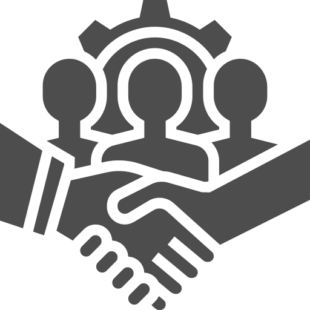 Management & Administration (298)
Management & Administration (298)Health & Social Care (267)
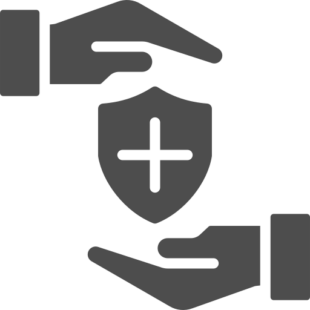 Health and Safety (265)
Health and Safety (265)Business (213)
IT & Software (190)
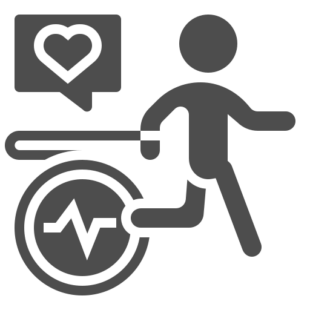 Health and Fitness (184)
Health and Fitness (184)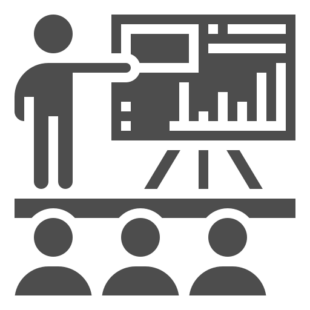 Teaching & Education (156)
Teaching & Education (156)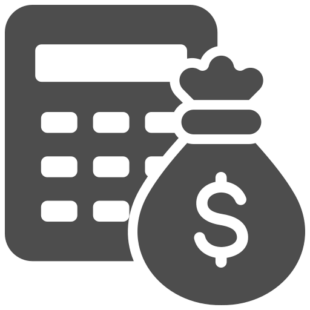 Accounting & Finance (107)
Accounting & Finance (107)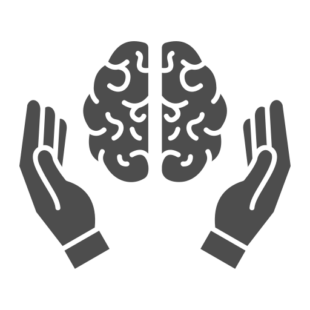 Mental Health & Counselling (102)
Mental Health & Counselling (102)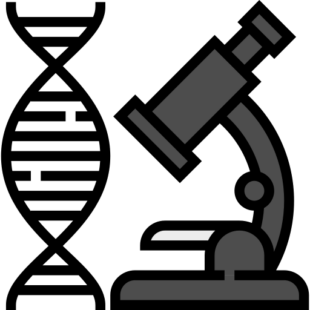 Science & Technology (99)
Science & Technology (99) Sales & Marketing (86)
Sales & Marketing (86)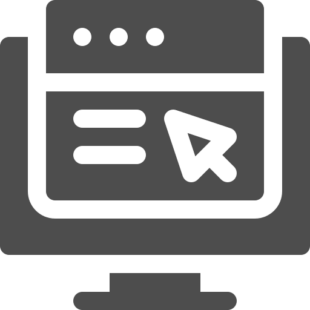 Art & Design (80)
Art & Design (80) Construction & Engineering (80)
Construction & Engineering (80)Language (67)
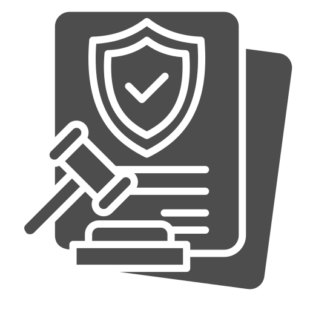 Compliance & Law (67)
Compliance & Law (67)Career Bundle (57)
 Photography & Lifestyle (45)
Photography & Lifestyle (45) Animal Care (36)
Animal Care (36)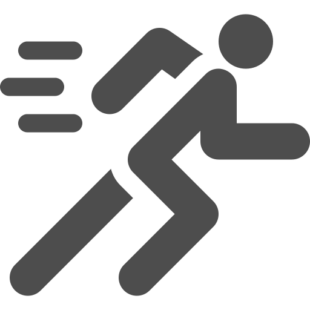 Sports & Fitness (34)
Sports & Fitness (34)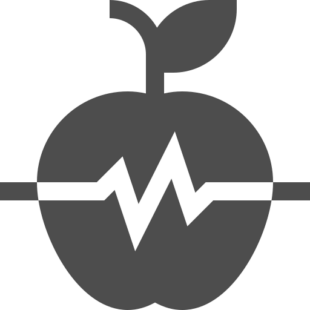 Diet & Nutrition (28)
Diet & Nutrition (28)Makeup & Beauty (26)
 Food Safety & Hygine (21)
Food Safety & Hygine (21)First Aid (19)



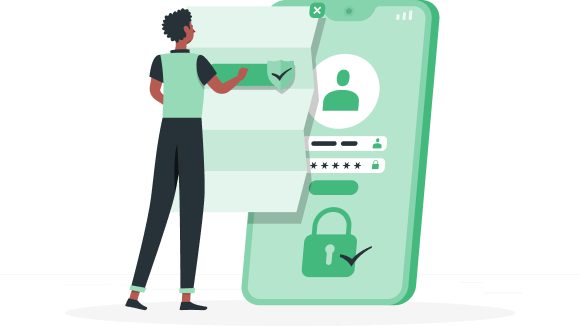

0 responses on "Mental Health First Aid for Anxiety, Depression, and Crisis Situations"